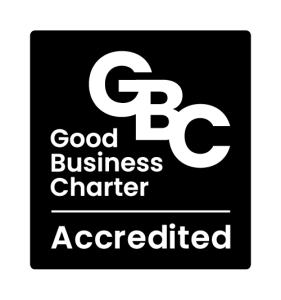The odd silent disco aside, sound – particularly music – is one of the two essentials for a good night out at licensed premises (the other being, er, a drink). Whether it’s a background playlist, a (quick retro reference here..) jukebox, a live session or a full- on, all-systems-blazing DJ set, the soundscape of a pub, bar or club is integral.
That being the case, it’s curious that premises and proprietors can fall foul of licensing law through not understanding or not adhering to the terms of their licence.
Step forward Richard Vivian – Complete Licensing’s ‘sound man’. That’s not a technical term but it’s one that neatly captures his field of expertise and his attitude towards his work. Richard is an acoustics consultant and is the man we call on to assess and advise on any dispute involving noise. This might be licensing, planning or noise abatement matters, and involves anything from control of sound system levels and building design issues like glazing and sound-proofing doors, to operational controls such as noise from queues and customer dispersal.

His background prepared him perfectly for this role. Richard trained as an acoustic design engineer and began his career in loudspeaker design, touring the world with companies who manufacture the kind of speakers scattered across the stage of a rock concert. He followed the ‘poacher turned gamekeeper’ route in 2002 by setting up an acoustics company dealing with the sort of issues which many of our clients have to face. “A lot of my work is proactive – advising on planning and licensing applications, so dealing with people and building good relationships with local authority environmental health officers is crucial,” he says.
“It’s all about collaboration. Most issues can be resolved by talking and advising, and I also train officers in some local authorities on the specific details of noise control from licensed premises, so they know I am someone they can trust. Sometimes officers contact me to ask for advice, which can only be a good thing.”
Richard is the man Complete Licensing turns to when acoustic matters are contested by licensing authorities. “That’s a last resort though,” he says. “Often issues can be resolved by talking to and reassuring local authorities and encouraging dialogue with local residents. We can look at scenarios, explain what’s happening and how things can be dealt with.
“A good example would be festivals or outdoor events. Residents can be wary of the potential for noise but if we show we have mitigated things, then that can diffuse any upset. Of course, there are variables such as meteorological conditions to take into account. Sound is a complicated issue and the weather can affect how sound travels. You might live close to an event venue and hear nothing one day and plenty the next. So, communication is key, as well as having the tools to quickly resolve any issues.”

Within venues, getting the balance right is crucial – it can be a fine line between sound levels being enough to keep the customers happy and too much for the local residents and council.
“My company covers all bases. We meet with local authority officers, set sound levels and lock them in. We’re not ‘noise policemen’ – we manage the soundscape to everyone’s satisfaction. The process can also include checking hearing exposure and advising on protection for venue staff. Looking after employees is an important issue and we find that generally our recommendations are well received.
“Clients want their customers to have a good time and it’s our job to help make that happen.

